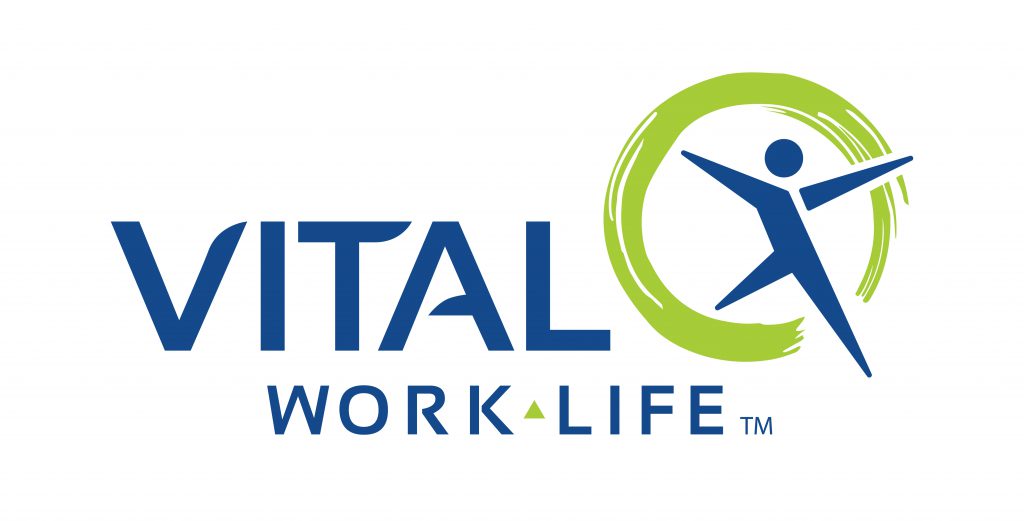Wisconsin Health News
A group of Republican lawmakers plan to introduce a $3.5 million package of bills next session aimed at improving rural healthcare.
The bills, part of the Rural Wisconsin Initiative, would address projected workforce shortages by expanding training programs for healthcare professionals and wellness programs in rural areas.
“We know that medical professionals who have exposure to rotations in rural areas are more likely to stay in those areas,” Rep. Romaine Quinn, R-Rice Lake, said in a statement. “These bills will help ensure that we build on that reputation by encouraging young healthcare professionals to live, work and train in our rural communities.
One of the proposals would provide $250,000 annually over the next biennium to the Wisconsin Rural Physician Residency Assistance Program. The funding is aimed at OB-GYN and mental health residencies in northern Wisconsin,according to the lawmakers.
They also propose the creation of a $250,000 annual grant program that would be available to hospitals and other entities that form training consortia focused on allied health professionals like radiographers, physical therapists, nutritionists and others.
The lawmakers also encourage hospitals to partner with educational institutions to support advance practice clinicians. The package would establish a $750,000 annual grant program for establishing clinical training infrastructure in rural communities.
And the package would create a grant program to encourage the development of wellness facilities and programs in underserved areas. Grants would be limited to $250,000, and the state would award at least two to recipients that provide matching funds.
An additional $100,000 annual grant would go to the Wisconsin Hospital Association Foundation to increase participation by rural hospitals in quality improvement activities. And lawmakers are looking at legislation that will identify future workforce gaps through collecting better workforce data.
“Many rural areas of Wisconsin are facing increasing challenges as they strive to deliver high-quality, accessible healthcare, including attracting and retaining highly skilled healthcare professionals,” WHA CEO Eric Borgerding said in a statement. “Healthcare is a key factor in economic development across the state and is critically important for rural areas.”
“The best way to ensure access is to have these professionals trained in the same rural environments where they will practice,” said George Quinn, Wisconsin Council on Medical Education and Workforce executive director, in a statement.
Tim Size, executive director at the Rural Wisconsin Health Cooperative, said the package would accelerate what’s already happening in rural communities and expand best practices across the state.
“It’s seed money to help the development, help the expansion,” Size said, calling the initiative a “very important next step.”
He noted that health is only part of the Wisconsin Rural Initiative.
“The health of the community – education, jobs – you can’t separate them out,” he said. “It doesn’t any good to have great healthcare if there’s no jobs or education. We need all these pieces to be working together.”











